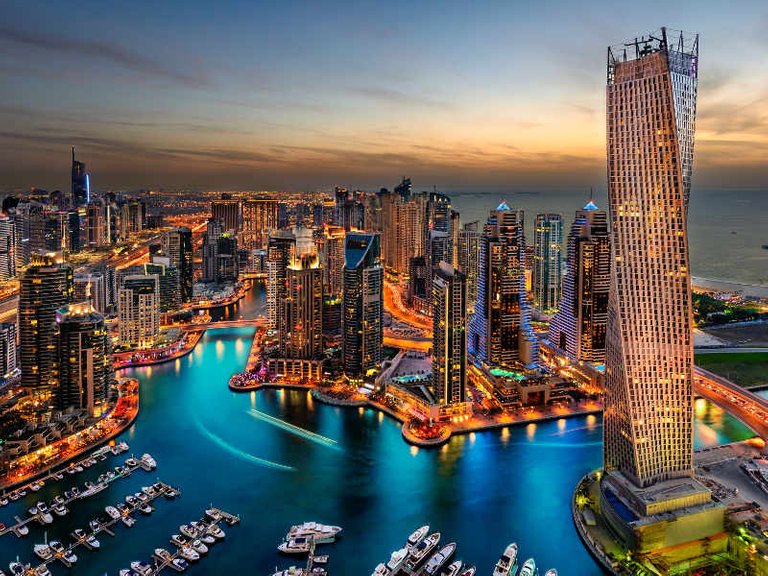Nigeria is one of the most interesting countries in the world. It is energetic and sometimes chaotic, and its people are wonderfully entrepreneurial. The great country produces entrepreneurs regularly. Everyone is a producer, you either produce goods or produce skills.
Nigerian women are particularly enterprising. Starting from selling groundnut/peanut to hawking around the streets and doing menial jobs to keep them and their family alive. The actions of a small percentage of Nigeria's population have given the country a bad name one associated with corruption. But the overwhelming majority of Nigerians are honest, hardworking, citizens who want what citizens elsewhere want-for their government to provide peace, stability, and basic services and then get out of their way so they can live their lives.
The country is larger than a lot of countriesin Africa (924 square kilometers), With an estimated 2017 population of about 190 million and with that, it is regarded as the most populous country in Africa and the seventh-most populous in the world. To your amazement, you will realize that one in six Africans is Nigerian. Nigeria is projected to be the fifth-largest country in the world by 2030 (with an estimated population 264 million) and
the third-largest by 2050 (estimated population 410 million).
Currently 70 percent of Nigeria's population is under twenty-five years of age and like the rest of Africa, its youthful population can either be harnessed for a demographic dividend-or it can pose a tough employ-
ment and outmigration challenge.
- Nigeria's complexity arises partly from its more than 350 ethnic groups, which speak as many languages, most of which are not mutually understandable. There are three main ethnic groups-igbos in the southeast of the country (18 percent), Yorubas in the southwest (21
percent), and Hausa-Fulani in the north (29 percent). - English is the official language, an outcome of British colonial rule when Great Britain amalgamated the northern and southern protectorates of Nigeria into
a unified country in 1914. Most Nigerians also speak a version of English called Pidgin English that incorporates indigenous words and expressions.

